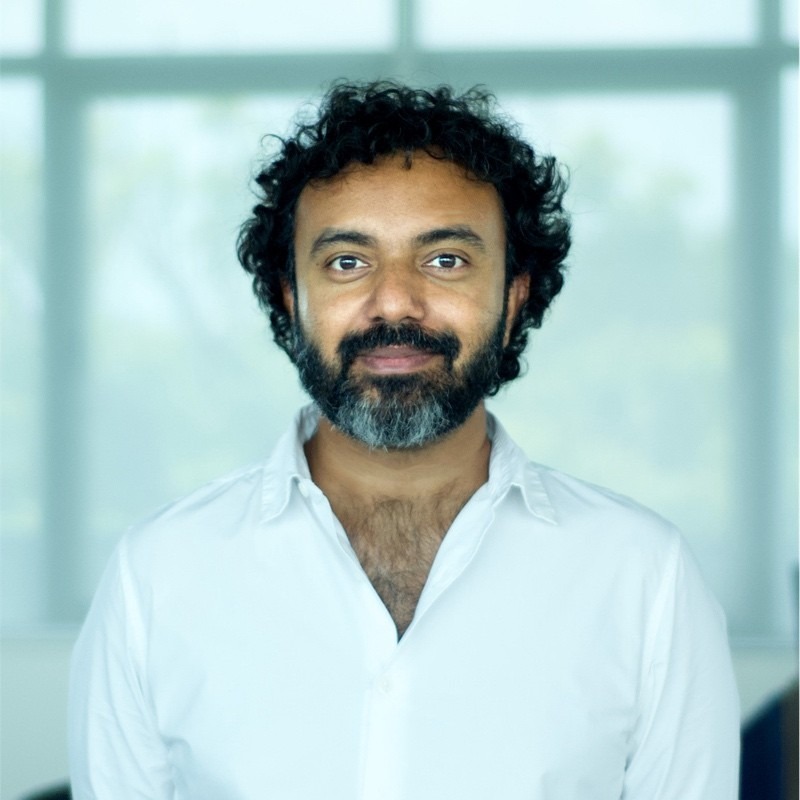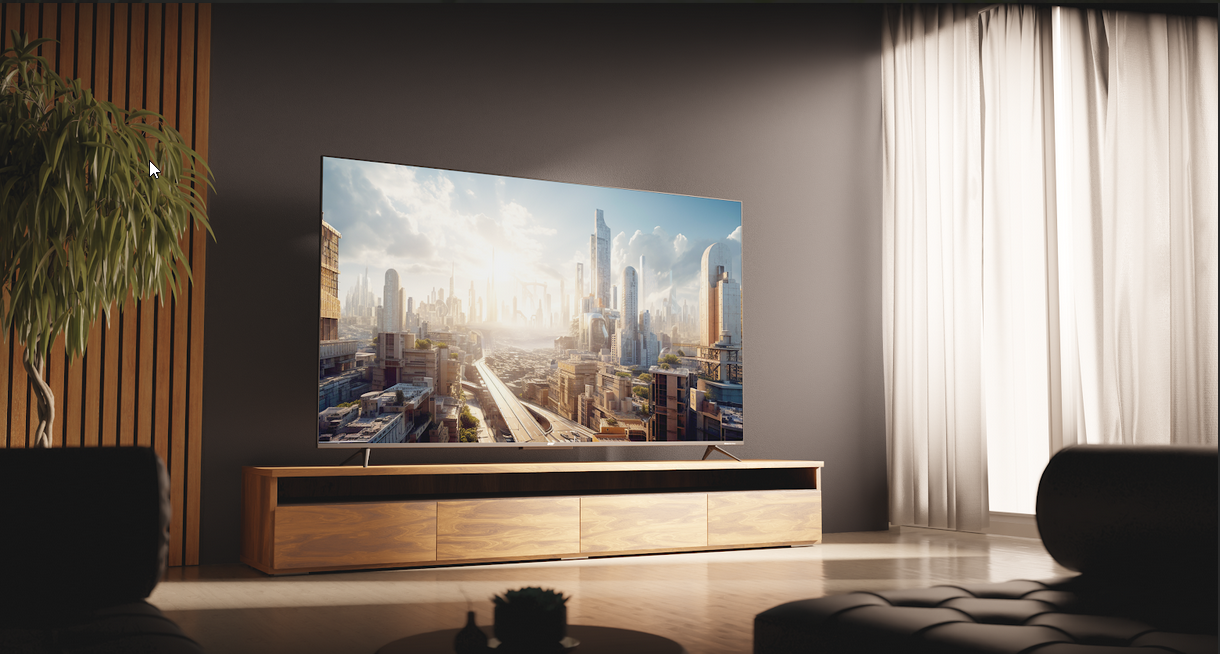With the impact of the pandemic on the global community, the importance of healthcare technology is at the forefront. While healthcare is a noble profession that majorly contributes to humanity, the contribution of IT Technology in healthcare has led to great facilities for the people in general and has impacted economies around the world. Medicircle presents an exclusive series featuring healthcare CEOs who are influential role models so that they can share their views about the future of the healthcare industry.
Dr. George Noel Fernandes is the Chief Executive Officer at Viveka Hospitals. He has over 24 years of healthcare experience in Asia including China and Japan, Europe, Africa, the Middle- East, and the Americas. He has worked with a variety of organizations such as tertiary care hospitals, multinational corporations, and insurance and medical assistance companies to deliver the best available healthcare practices with a keen focus on business growth and quality. He is the thought leader in implementing and planning air medical evacuation and disaster management. He has been personally involved in more than 500 medical air evacuations and has been on the ground in more than 45 disasters across the globe. He worked as a team leader and first responder in these missions. His work history comprises a balanced blend of medicine, general management, operations, marketing, and new product development roles.
Modern Healthcare Should Be Amalgamation of Digitalization and Human Touch
Dr. Fernandes emphasizes, “Today we talk a lot about digitalization, we're talking a lot about AI. These are excellent when it comes to processes, but at the same time in the healthcare industry, we still need to have the human touch. Digitalization and AI are there to help refine processes and make things faster enabling doctors to spend more quality time with their patients. There should be a right balance between technology and the human touch in healthcare. The hospital community can be more involved around the patient in terms of customer service and customer care and taking it to a different level.
Future of Healthcare
Dr. Fernandes mentions, “CEOs and everybody else in healthcare are thinking about what is the next big thing that can happen and what is it that we can build to improve clinical outcomes, patient care and satisfaction.” He mentions two significant points:
“1. In healthcare, we are looking at how digitalization is going to be helping us to really bring down costs and also being available in terms of accessibility like telemedicine which has been able to reach out to millions of people. Facilities of such scales are being thought about.
2. There is a huge emphasis on how quality healthcare can be delivered at the minimum cost. For this, we need to look at how to explore government and private partnerships so that the best practices can be taken to millions of people.
Government and Private Sector Partnerships to Manage Healthcare of All
Dr. Fernandes mentions, “We always put the onus on the government and keep blaming. Healthcare is the responsibility of every individual, organization; private, public, or NGO, for that matter. We need to combine our resources to spend on health. Let's build a model in which the private organization and the government are working together. I think it's very important for maybe the government to lead the initiative because they can lead it through laws, regulations with any further points that they would like to put forward and bring all on the table and say, Okay, how can we within these limited resources be reachable to maximum people? What can we do best? I think that will work well because, at the end of the day, we want to reach across to the person in the village. If he suffers from a heart attack at three in the morning, can he get help? How? That's a big question that we all have to think about. And for that matter, is he getting his regular preventive health check-ups done? Preventive, as well as urgent care will have to be managed and balanced in such a way that the best is done with the least possible amount of money," says he.
Satisfying Transitions in Professional Life
Talking about his journey, Dr. Fernandes mentions, “I've been very fortunate to be a part of a journey where we changed from a total paper system to a digital world. I've been very fortunate not only to be a clinician but to be able to work in different sectors. So, I've been able to understand different worlds, I have been working in the US, worked in Europe, in Paris, Thailand, Singapore, Japan, and the Middle East, for that matter, and also in Africa. So, this gives me a very good global perspective of healthcare - what can be done, what has to be done, what people perceive in different parts of the world. So, the journey has been fabulous,” says Dr. Fernandes.
Disaster Management Changes Perspectives
Dr. Fernandes points out, “As I have worked for several disasters like Bali bombing, the tsunami etc., meeting people in troubled times gives a different perspective towards life. I have learned that life is meant to just enjoy it for the moment because you do not know what's going to happen next. Take life as it comes. Enjoy it to the fullest and let live,” says Dr. Fernandes.
(Edited by Amrita Priya)
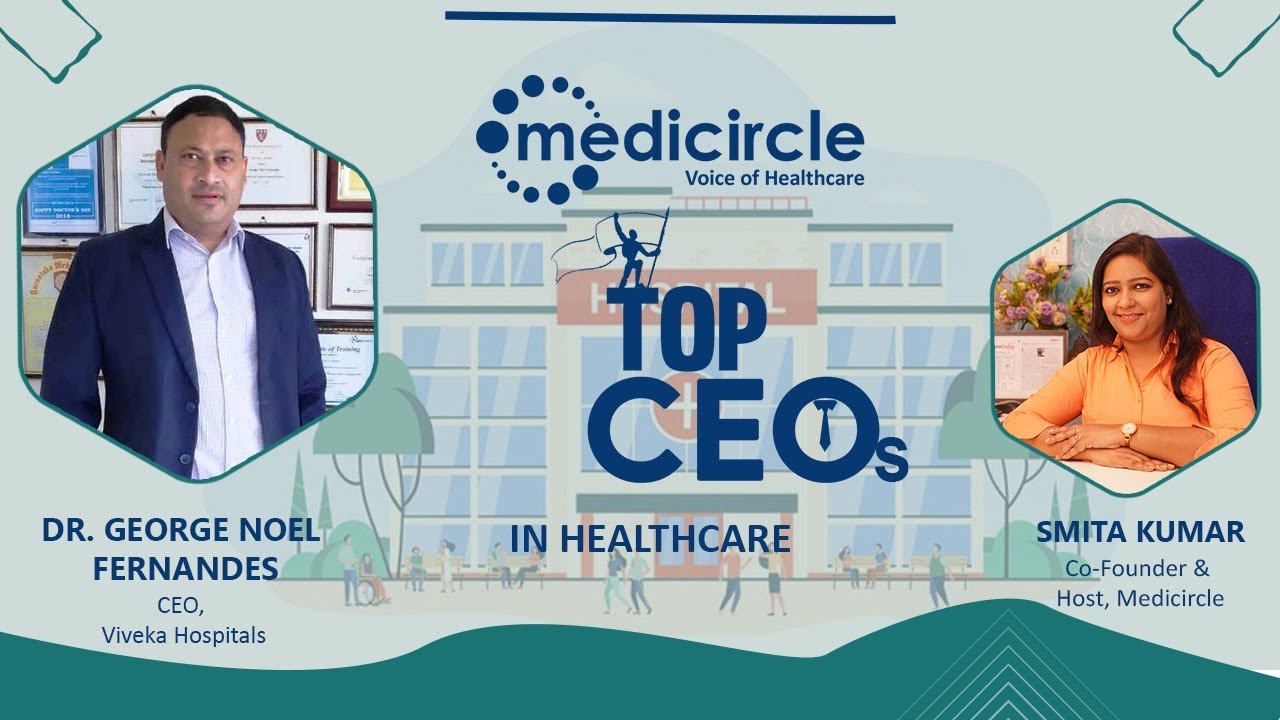
 Any system works on two things, either the process or the people. If processes are taken care of by digitalization, and the people focus on people, the healthcare delivery model would really improve, customer satisfaction will go up, patients will be happier, customer loyalty will improve, says Dr. George Fernandes, CEO, Viveka Hospitals.
Any system works on two things, either the process or the people. If processes are taken care of by digitalization, and the people focus on people, the healthcare delivery model would really improve, customer satisfaction will go up, patients will be happier, customer loyalty will improve, says Dr. George Fernandes, CEO, Viveka Hospitals.









.jpeg)


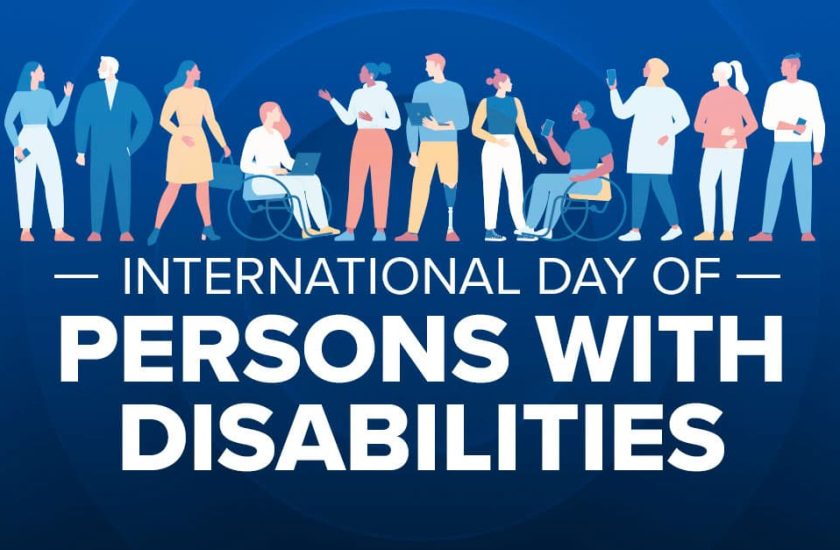


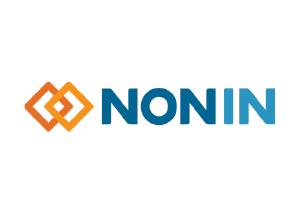
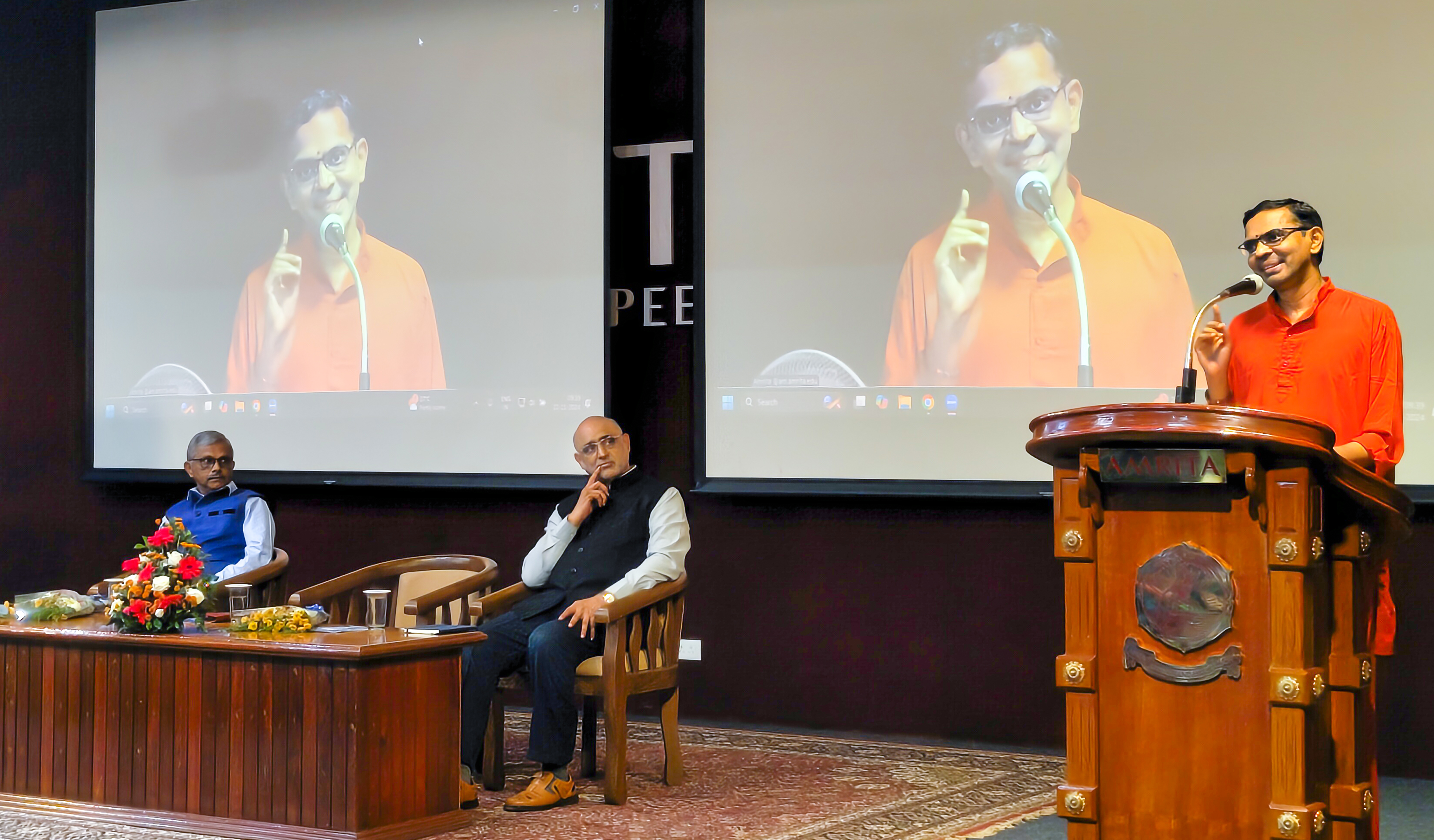
.jpg)
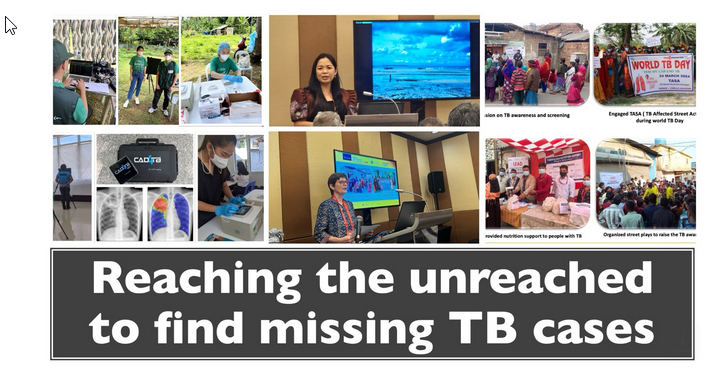


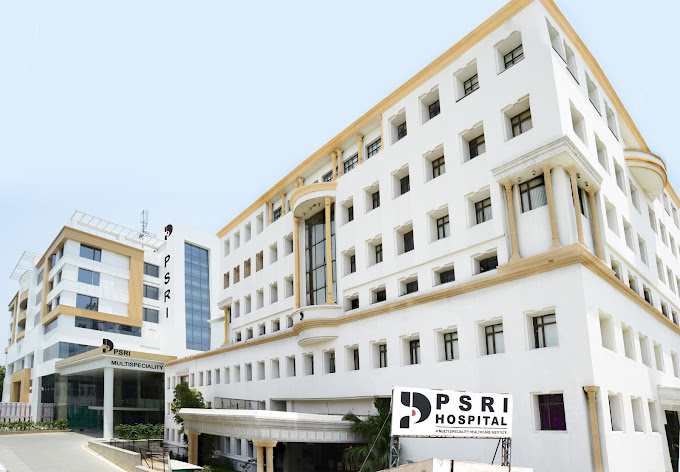
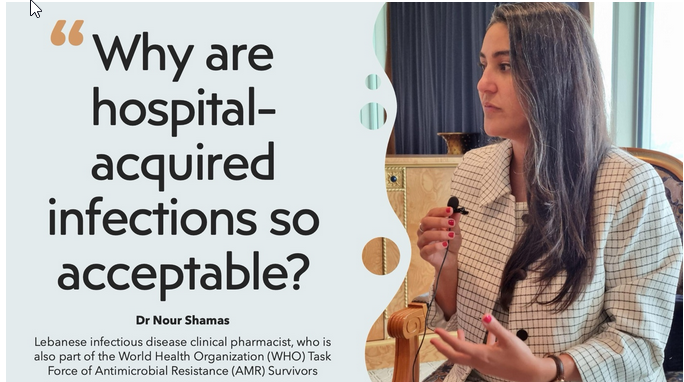
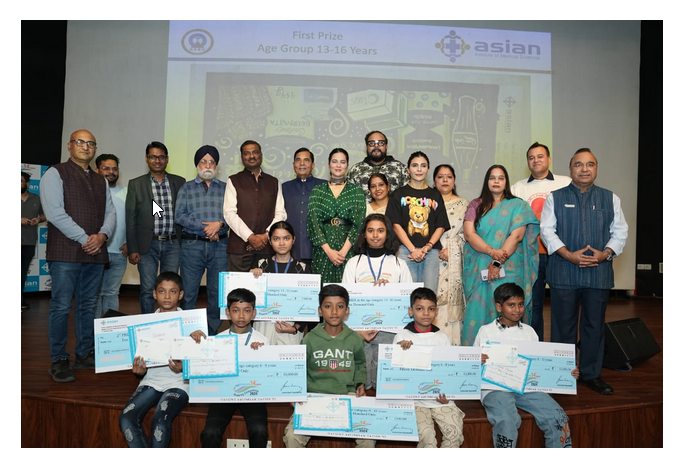
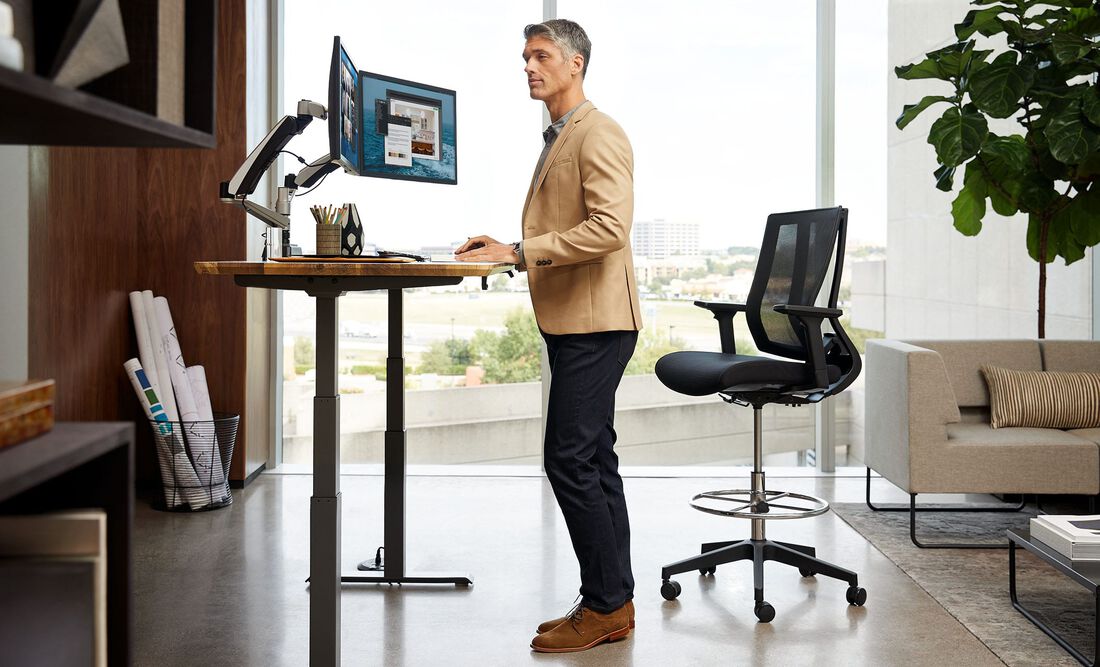
.jpg)



